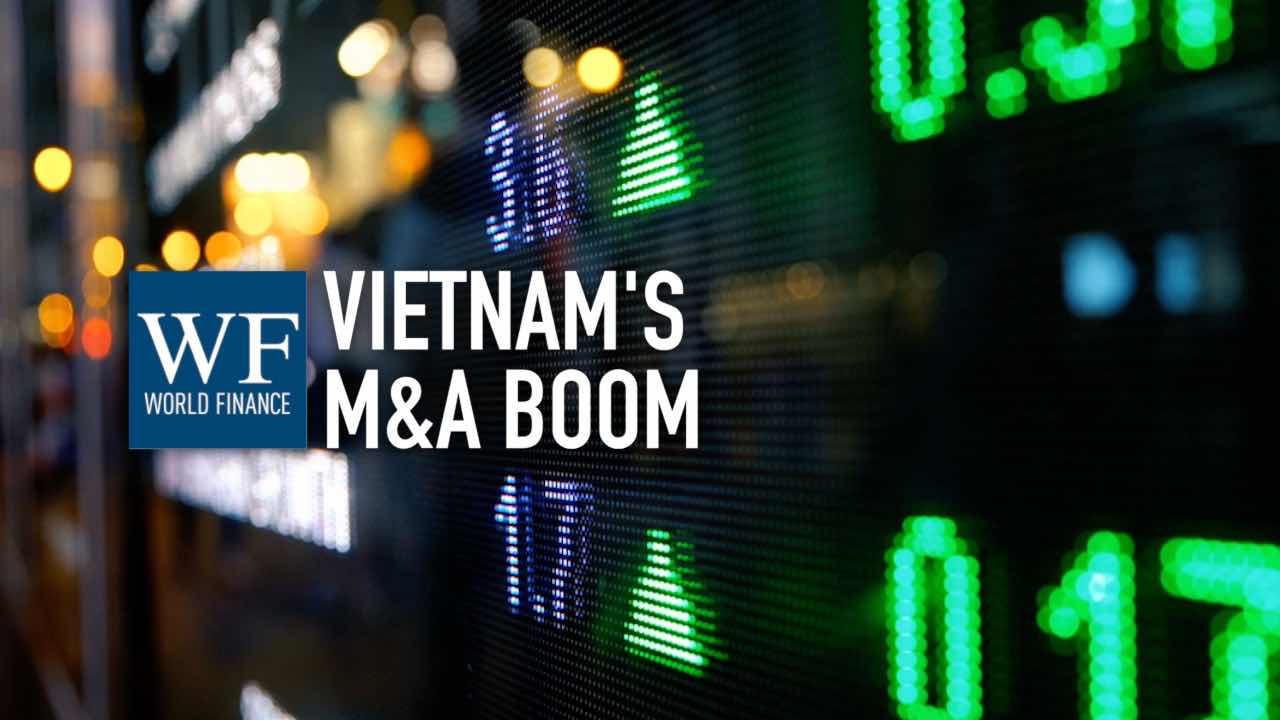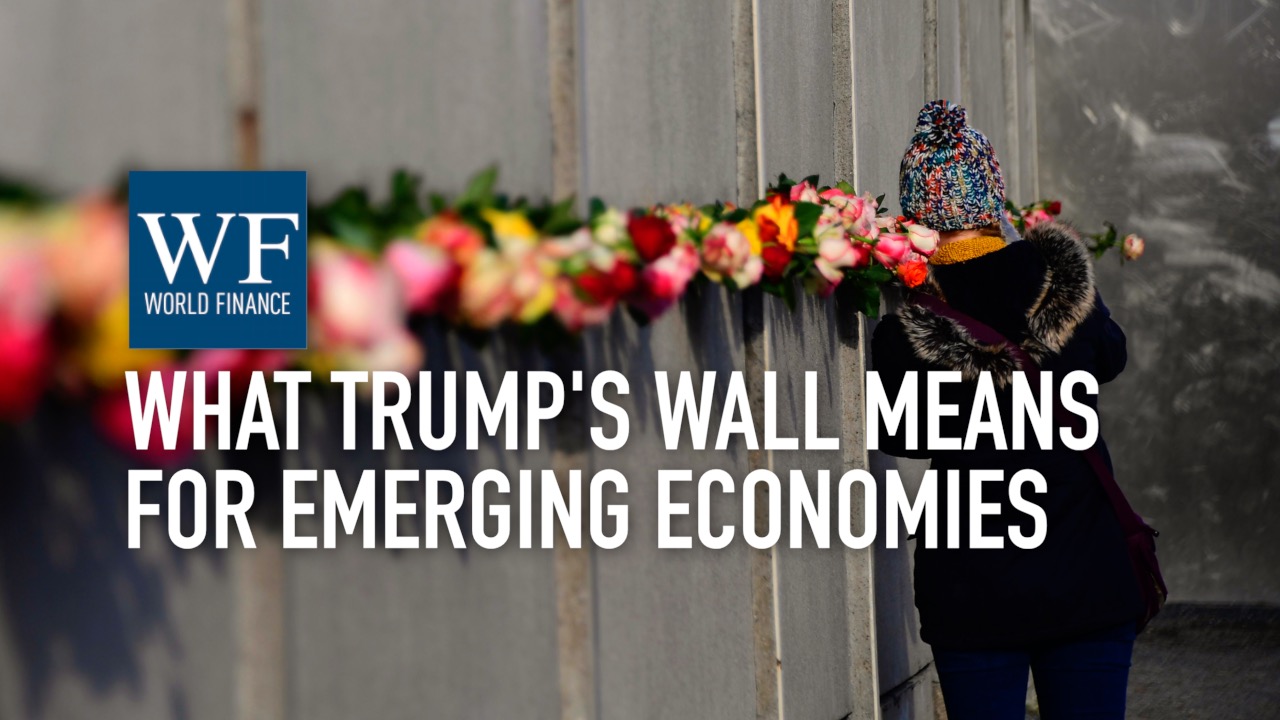Prepare now for aggressive shareholder activism under Trump 2.0, says Kai Liekefett
Activist investors are popping champagne in anticipation of Trump tax cuts, deregulation, and tariff disruption, explains the corporate defence expert
Related:
Transcript
With the US presidential inauguration around the corner, many prominent activist investors are keenly anticipating Trump 2.0. Corporate defence expert Kai Liekefett explains why so many activist investors supported Trump’s election campaign; what a Trump White House, SEC and FTC mean for shareholder activism and the M&A market; and what this means for the 2025 proxy season.
World Finance: Kai, although not all activist investors supported Trump’s election, for those who did, why would they be welcoming his presidency in terms of policy?
Kai Liekefett: Well, there are three main reasons, Paul. Number one: it’s taxes, it’s all about taxes. Trump, in his first administration, adopted massive tax cuts set to expire at the end of 2025. And activist investors – like many other investors – hope that those tax cuts will be extended.
The second reason is deregulation. Trump was campaigning on the promise to deregulate America, and the hope, just generally speaking, is that deregulation will result in more economic growth.
And the third issue is a little bit more complicated – it’s tariffs. So as you may know, tariffs have been threatened by Trump across the world, starting with Canada and Mexico. And some activist investors I’ve spoken to say well look, there may be market disruption as a result of those tarrifs – that might not necessarily be bad for us activists because it’s going to result in market dislocation that we can exploit.
World Finance: The man himself is impressionable, to say the least. How friendly will the Trump White House be to activist influence?
Kai Liekefett: There are a number of activists who are close to Trump, and who will certainly try to influence him. Starting with Nelson Peltz, who donated a significant amount to his campaign. Paul Singer, founder of Elliott, probably the most sophisticated and best activist in the US. Dan Loeb of Third Point, Bill Ackman from Pershing Square, and of course, Carl Icahn.
However, during the first Trump administration, the SEC was actually more company-friendly. It proposed regulations of proxy advisory firms like ISS and Glass Lewis, which was welcomed by corporate America. The Trump SEC also tightened the requirements for small shareholders to submit non-binding shareholder proposals. From a company perspective, this is not necessarily bad news, that Trump got elected; the incoming SEC commissioner Paul Atkins is widely seen as an excellent jurist, very even-handed, and will likely restore the SEC’s focus to what it used to be, which is the protection of investors and also capital markets.
World Finance: We’re also going to see a huge shift in the FTC’s approach to M&A and in anti-trust enforcement – what’s the story here?
Kai Liekefett: The Biden administration was extremely hostile to mergers in terms of anti-trust enforcement. A lot of constituencies on Wall Street but also on Main Street were extremely unhappy with the way the Biden administration chilled M&A.
Now, Trump has already announced the replacements for the leadership of the FTC and also the DOJ’s anti-trust division. And those replacements are seen as a return to normal. And that’s important for activists as well, because the number one exit opportunity for an activist is M&A. Activists are typically trying to push companies into a sale – in particular target companies that are in the small and mid-cap range. So M&A is key for activists, and they are looking forward to having a liquid M&A market again.
World Finance: So what’s the timeframe on this? Should companies be bracing for a disruptive proxy season?
Kai Liekefett: Absolutely. Activists were champing at the bit, they were popping champagne when Trump was elected. We’re already seeing it! There are activists left and right approaching companies in the US and abroad. And companies need to buckle up and prepare themselves. It’s much cheaper to get prepared and avoid activism than to deal with an activist campaign. So the time to prepare is now.

 MB Securities: Vietnamese M&A boom will grow to $50bn in 2020
MB Securities: Vietnamese M&A boom will grow to $50bn in 2020 Yılmaz Yıldız: What Trump’s wall means for emerging economies
Yılmaz Yıldız: What Trump’s wall means for emerging economies
